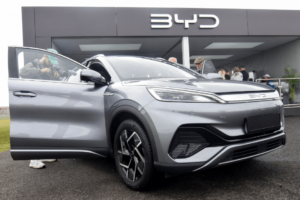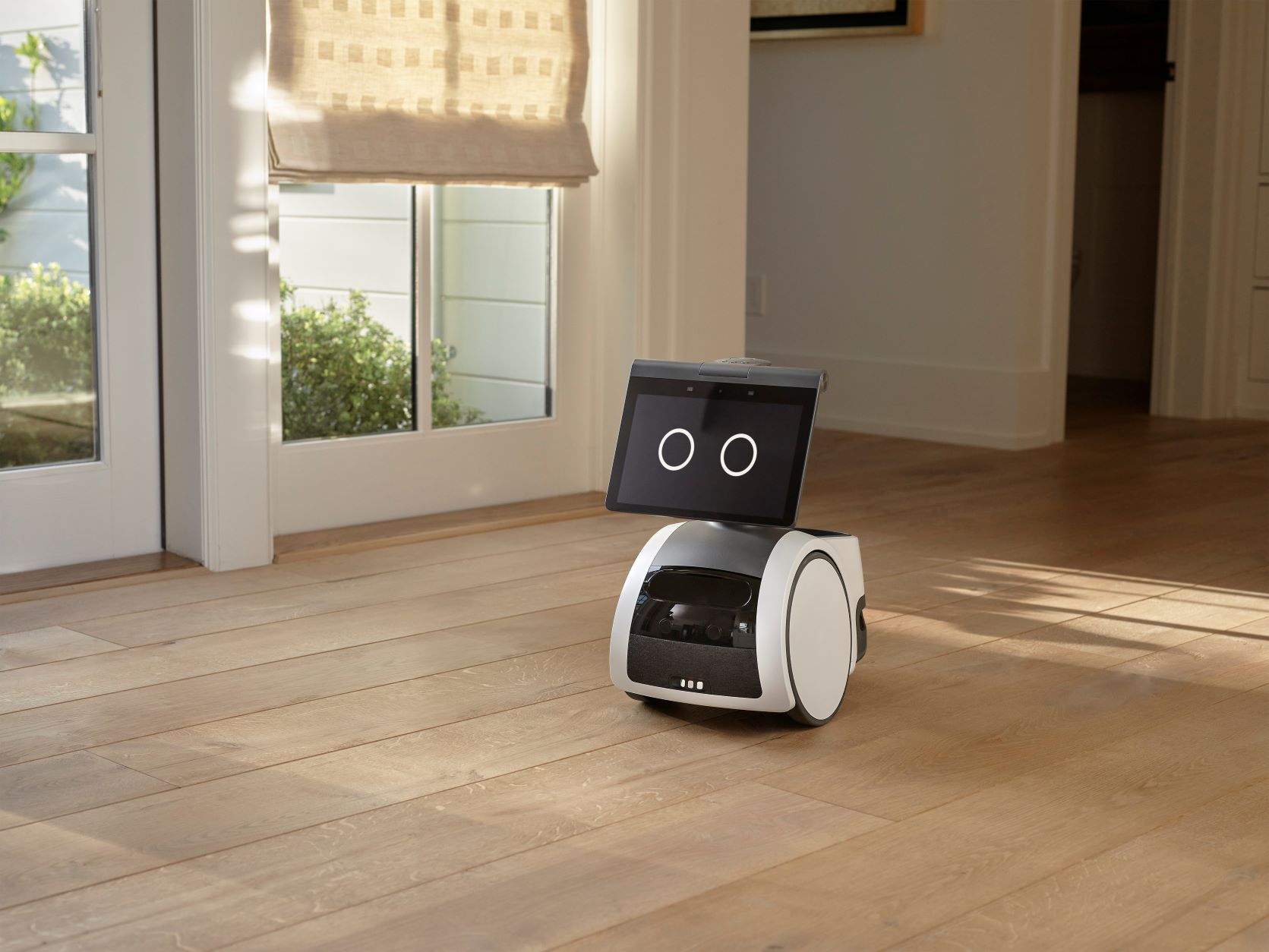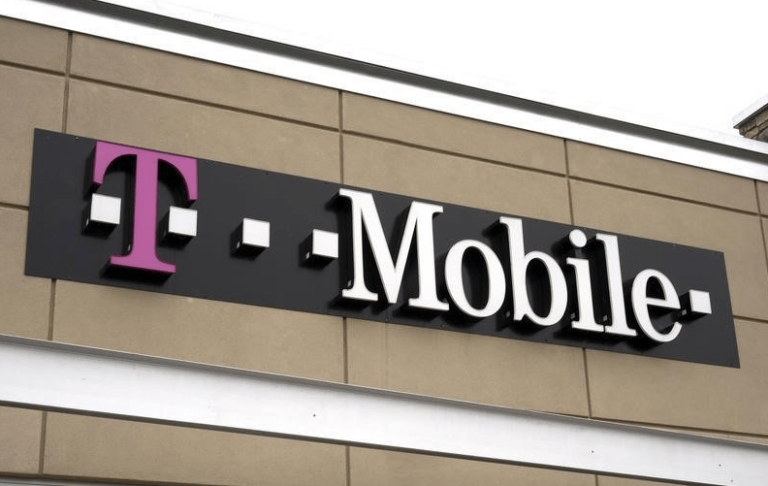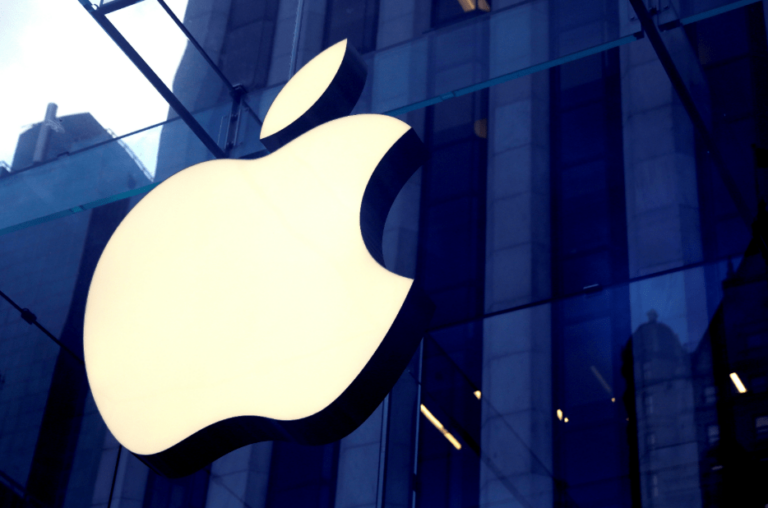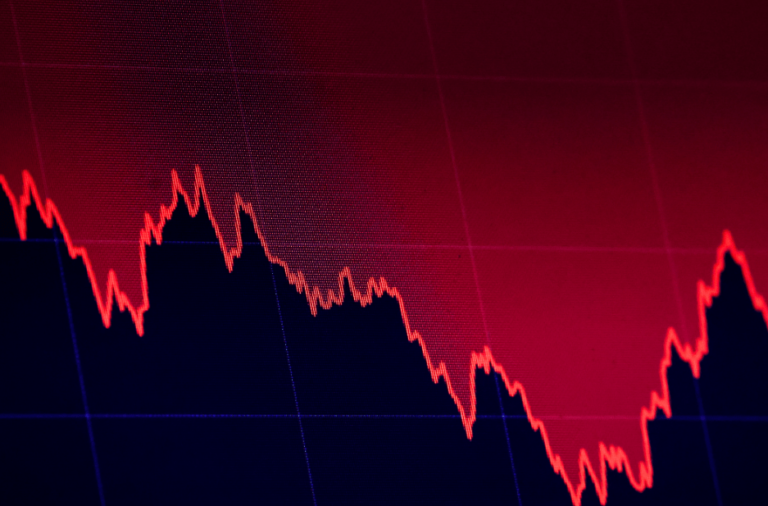Amazon recently showcased an autonomous dog-like robot named Astro. It has large, cartoony eyes and a tablet-like face. Developers of Amazon’s $999 robotic dog said its design was inspired by cartoons and science fiction movies.
Astro comes equipped with the company’s artificial intelligence Alexa. Astro’s touchscreen device works seamlessly with Alexa’s voice-recognition software and other sensors.
For Amazon, these products are part of its strategy to become a leading player in the home security market. They offer a compelling value proposition and are designed to push the envelope in terms of security. Other tech companies have also entered this market, such as Nest, which launched its Nest smart doorbell in 2015.
Despite the company’s stated intention to expand its offerings in this area, the move comes at a time when many consumers are worried about the power of tech companies’ data privacy practices.
The latest security products from Amazon, which are designed to increase the level of surveillance around our homes, are raising concerns about the potential impact on our privacy.
After the event, leaked documents revealed that the team behind Astro had concerns about the safety and privacy of the robot. One of the individuals who worked on the project called the issue a “privacy nightmare.”
A representative for Amazon pushed back at claims. The company said that when Astro is not recording, it can’t be programmed to record certain areas of the house. It can also be encrypted to prevent the unauthorized use of its data. Amazon said that when inactive, the Astro robot’s sensors and microphones will be disconnected.
Astro uses a map of the home to create a visual representation of where the robot can explore, but the company noted that the data it sends to the cloud does not contain actual images and streamed video.
If the concept of Astro proves successful, then it may be the start of a whole new generation of robots that will become household objects by 2024. According to a study conducted by ABI Research, about 79 million homes in the world will have robots by 2024.




